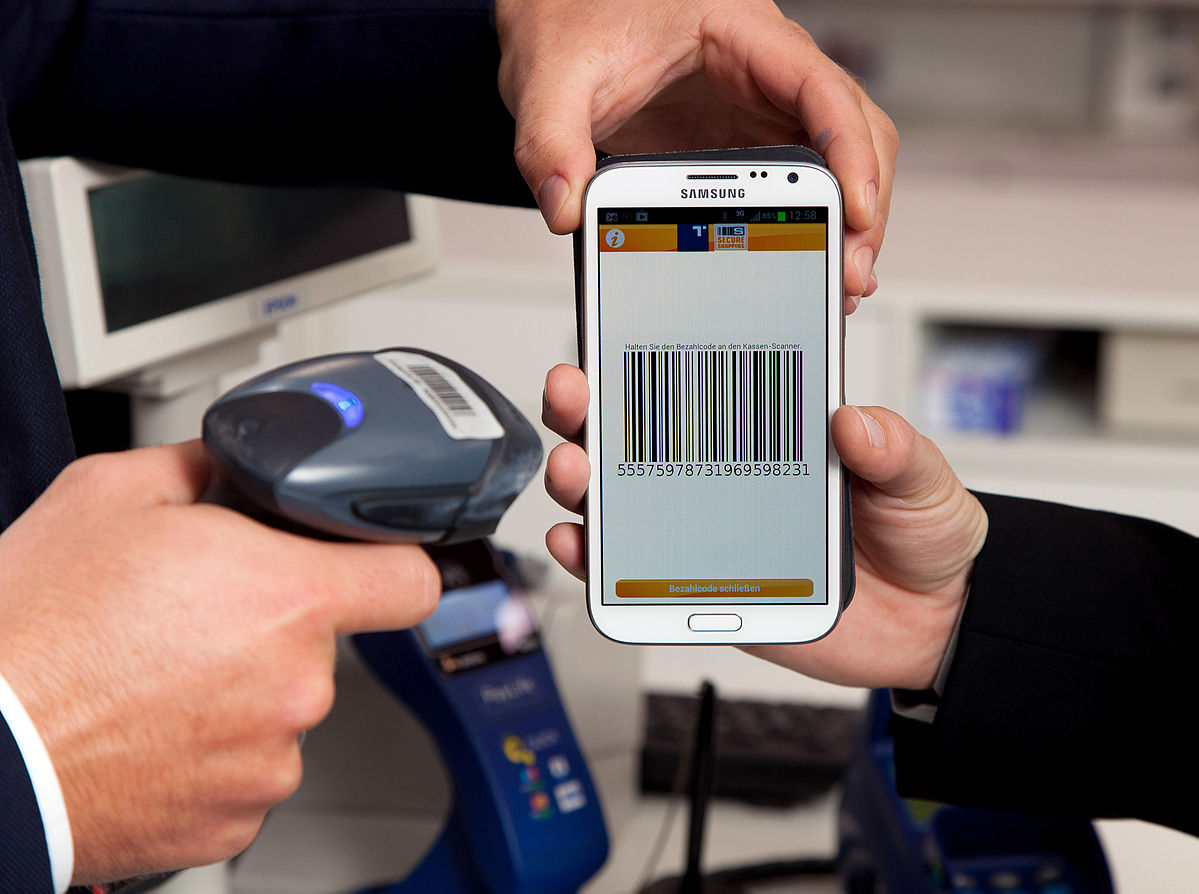The payment market is changing rapidly as technologies and e-wallets are going forward, and various companies, from retailers to technology corporations, are entering the scene. “Payments will be free for consumers, and ultimately for retailers; they will be instant and embedded in other services and products. Cars and refrigerators, rather than people, can start making automated orders to replenish stocks,” says Bain & Company in its new report.
There is a system in which the buyer scans the phone twice, when entering and leaving the store, and thus pays for all the goods he has taken. Juniper Research forecasts that popularity of this system the will grow from the current $ 253 million turnover to more than $ 45 billion in 2023.
According to the report’s authors, now payments are often in-built in multifunctional applications. This option is especially common in Asian countries, which skipped the option of paying by bank cards and switched directly from cash to e-wallet payments, which are often included in “super applications”. Among them is Chinese WeChat, which was originally launched as a messenger, and then included a variety of functions, from games to social commerce and actually payments.
According to Worldpay forecasts, e-wallet payments will continue to spread. For physical and online stores, their share will grow by 18 and 11 percentage points by 2022, respectively.
According to Bain analysts, cryptocurrencies, such as Libra, which Facebook is about to launch, may become another competitor to traditional payment methods. The social network plans to embed such a payment option in its messenger. At the same time, the authors of the report acknowledge that cryptocurrencies will have to face many regulatory and technical obstacles that hinder their rapid distribution as a means of payment.
source: bain.com
There is a system in which the buyer scans the phone twice, when entering and leaving the store, and thus pays for all the goods he has taken. Juniper Research forecasts that popularity of this system the will grow from the current $ 253 million turnover to more than $ 45 billion in 2023.
According to the report’s authors, now payments are often in-built in multifunctional applications. This option is especially common in Asian countries, which skipped the option of paying by bank cards and switched directly from cash to e-wallet payments, which are often included in “super applications”. Among them is Chinese WeChat, which was originally launched as a messenger, and then included a variety of functions, from games to social commerce and actually payments.
According to Worldpay forecasts, e-wallet payments will continue to spread. For physical and online stores, their share will grow by 18 and 11 percentage points by 2022, respectively.
According to Bain analysts, cryptocurrencies, such as Libra, which Facebook is about to launch, may become another competitor to traditional payment methods. The social network plans to embed such a payment option in its messenger. At the same time, the authors of the report acknowledge that cryptocurrencies will have to face many regulatory and technical obstacles that hinder their rapid distribution as a means of payment.
source: bain.com





